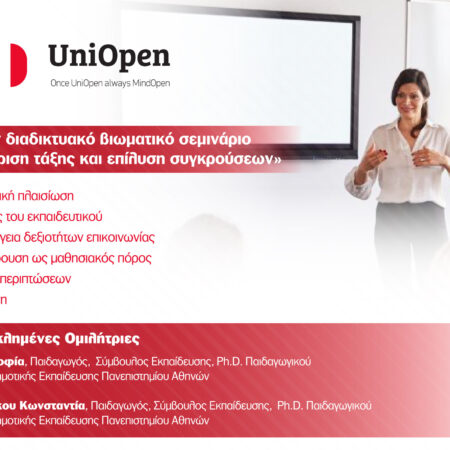The Courses
The Enterprise Start-up and Business Model curriculum has been designed to combine the effective acquisition of basic and methodological knowledge in economic courses with the acquisition of skills that respond to the ever-changing needs of the market, with particular reference to the field of innovative start-up. The curriculum enables the graduate of Start-up and Business Models to acquire the necessary knowledge to develop business ideas and start-up projects and, above all, to understand the mechanisms that drive economic agents to invest in a particular business idea.
Objectives
Graduates of Business Start-up and Business Models:
- have excellent knowledge and skills in the economic branches and have the necessary in-depth knowledge of mathematical statistics
- are able to analyze and address the problems of the financial and business systems they belong to
- have the necessary skills to understand the evolution of the main economic monetary variables and are familiar with the processes of intermediary financial Institutions and capital markets
- have the necessary financial knowledge to evaluate the investment and financing options and especially the ways in which they are carried out
- have the necessary skills and knowledge to turn a thought into a business idea and to obtain funding through venture capital and individuals or through crowdfunding.
Teaching
The training program provides among other things:
- teaching activities (video lessons, lessons via video conferencing, etc.)
- interactive course activities (quiz, FAQ, web forum, wiki, etc.)
- exercise, practical tests and case studies
- participation in seminars made by qualified teachers and by specialists in economic and legal subjects
- acquiring language skills with in-depth English
- preparation and drafting of a final report.
Training periods in institutes and research institutes, in enterprises and government departments, in addition to the possibility of staying in other Italian and foreign universities, complete the training period.
Curriculum
| 1st year | Course | Credits |
| Business plan and economy of start-up businesses | 6 | |
| Statistics | 9 | |
| Microeconomics | 9 | |
| Economic history | 9 | |
| Mathematical methods | 6 | |
| Company Economics | 9 | |
| English language | 5 |
| One Elective Course | |
| International financial markets | 6 |
| Companies and markets | 6 |
| 2nd year | Course | Credits |
| Legal institutions of start-up | 9 | |
| Company accounting | 9 | |
| Economy of financial intermediaries | 9 | |
| Commercial law | 9 | |
| Economic mathematics | 6 | |
| Financial analysis and evaluation of the company | 9 | |
| Macroeconomics | 9 |
| 3rd year | Course | Credits |
| Applied economics | 9 | |
| Business strategies and spin-off | 6 | |
| Political economy | 6 | |
| Institutions of Public Law | 9 | |
| Financial sciences | 9 | |
| Computer and telematics skills | 2 | |
| Elective course | 12 | |
| Training | 4 | |
| Final examination | 4 |
| Elective Courses | |
| Economy, Law and Literature | 6 |
| Corporate communication | 6 |
| Public contracts Law | 6 |
| Tax Law | 6 |
| Economy and management techniques of real estate complexes | 6 |
| Real estate law | 6 |
| Labor law | 6 |
| Governance of the European Union | 6 |
| Organization of companies | 6 |
| Economy of the company’s human capital | 6 |
| Banking governance | 6 |
Course Features
- Lectures 0
- Quizzes 0
- Duration 3 Έτη
- Skill level All levels
- Language Ελληνικά
- Students 0
- Certificate No
- Assessments Yes







